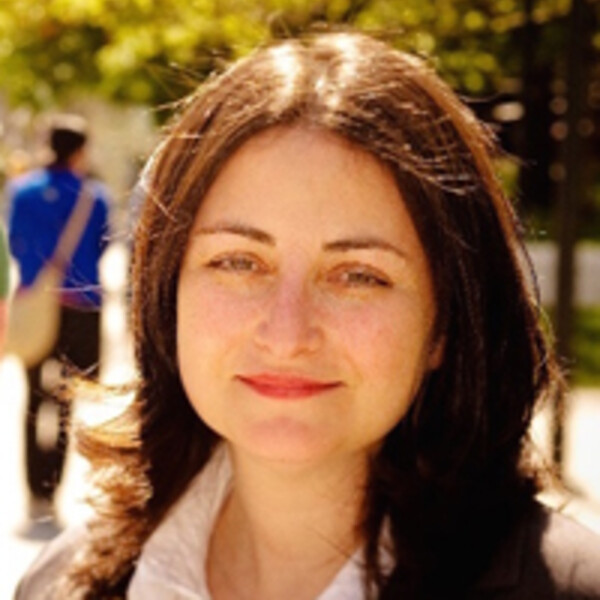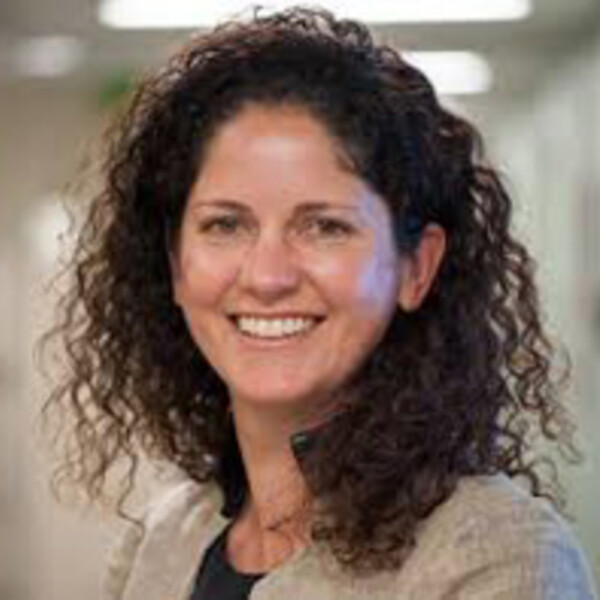Main Second Level Navigation
- Vice-Chair, Education
- Wellness Resources for Faculty & Trainees
- MD Program
- Royal College Training Programs
- Standard for Supervision of Learners by DoM Physicians
- Learner Mistreatment
- Competency Based Medical Education
- Fellowships
- Master Teacher Program
- Training Verifications
- Eliot Phillipson Clinician-Scientist Training Program
- Continuing Professional Development & Quality Improvement
- Quality & Innovation
- Education Research & Scholarship
- Person-Centred Care Education
- Documenting Teaching Activities
- Authorship Guidelines
- Faculty of Medicine Education Policies
- Translational Research Program
- Core Internal Medicine Accreditation
Person-Centred Care Education
Bryn Ludlow. All the stones, 2019. Digital collage
Recognizing and being accountable to the patient as an autonomous individual with a life story and a social context.
Attending to the care of the individual as well as to the broader aspects of health care and society that contribute to that care, including issues of equity, diversity and inclusion.
Three Frameworks for Teaching Person-Centred Care
CanMEDs Knowledge Project
Being a physician requires knowing many things outside biological science. The CanMEDS Knowledges Project was created to figure out what doctors need to know to care for patients, not just their diseases. This includes important concepts from the social sciences and humanities like power, culture, justice, and self-awareness.
Cultural Safety & the Care of Structurally Marginalized Groups
Medical education has traditionally taught about culture as something static that patients have and providers learn about. In contrast, a cultural safety approach recognizes that we are all bearers of culture and that providers need to reflect on their own prejudices and how these may play a role in the provision of care. Person-Centred Care is not limited to providing compassionate care on the individual level; it also includes an understanding of structural barriers to optimal health faced by marginalized groups and physicians’ roles in advocating for change.
Dialogic Teaching and Learning
Trainees can’t learn Person-Centred Care by memorizing facts in a classroom. In order to provide compassionate, equitable, culturally safe care, trainees need to learn to reflect on their practice, to recognize and honour patients’ stories, and to engage in dialogue with their peers, patients, and teachers. Dialogic teaching and learning facilitates open interactions between educators and learners in which all participants can grow.
Faculty Co-Leads in Education in Person-Centred Care

Ayelet Kuper
Ayelet Kuper is an Associate Professor, Clinician-Scientist, and Co-Lead for Person-Centred Care Education in the Department of Medicine, a Scientist and Associate Director at the Wilson Centre for Research in Education, a Cross-Appointed Faculty Member at the Ontario Institute for Studies in Education and at the Institute for Health Policy, Management and Evaluation, and a Senior Fellow at Massey College, all at the University of Toronto. She is a member of the Division of General Internal Medicine at Sunnybrook Health Sciences Centre and attends on the Sunnybrook Internal Medicine CTU. Her research and educational interests include narrative and the dialogic, equity and power, and the effects of history and epistemology on medical education.

Lisa Richardson
Lisa Richardson is a clinician-educator in the University of Toronto's Division of General Internal Medicine, and practices at the University Health Network. Her academic interest lies in the integration of critical and Indigenous perspectives into medical education. She holds the roles of Strategic Advisor in Indigenous Health for the University of Toronto’s Faculty of Medicine and is also the Indigenous Strategy Lead for Women’s College Hospital. She is an education researcher at the Wilson Centre. She chairs several provincial and national committees to advance Indigenous medical education, and has been honoured with the Royal College of Physicians and Surgeons’ Thomas Dignan Award for Indigenous Health.
Related Organizations
Note on the artwork: All the stones is a digital collage by Bryn Ludlow. Bryn Ludlow is an artist and PhD candidate (ABD) in the York and Ryerson Joint Program in Communication and Culture at York University. She is interested in exploring the cross-pollination of the arts and health in technology and communication studies.
Artist's statement: "This is a digital collage of two abstract acrylic paintings that I painted with my feet, and a vector illustration of a human figure. I started painting with my feet in 2007 as an alternative artistic approach to traditional forms of mindfulness for recovery from PTSD." Bryn Ludlow
